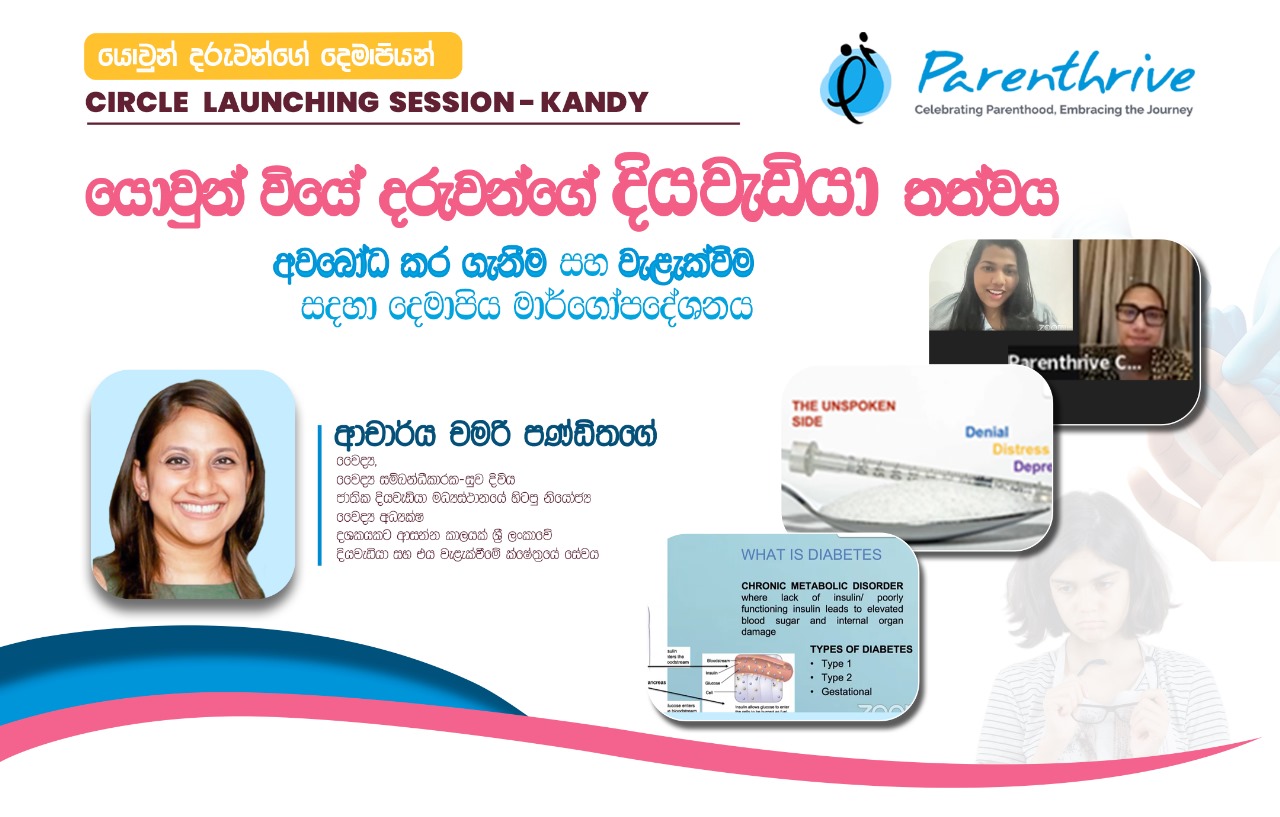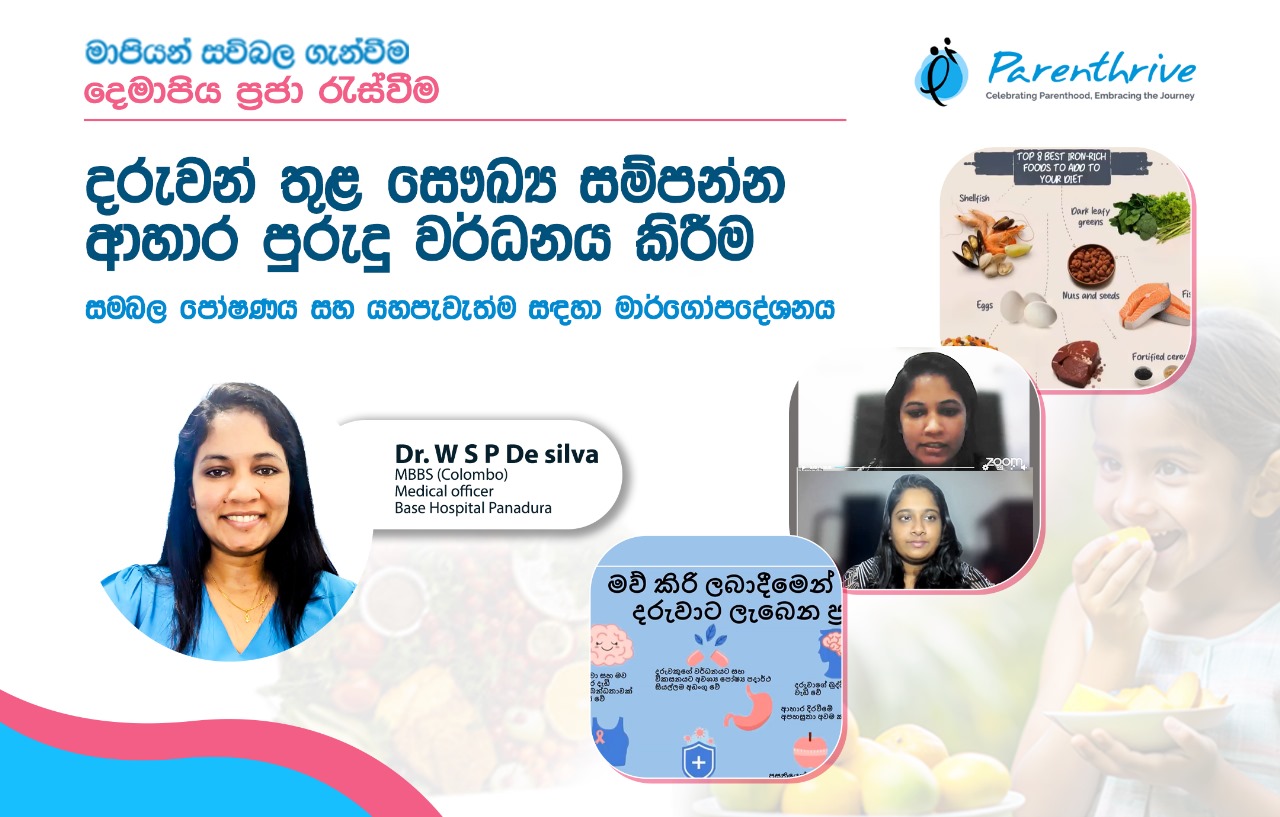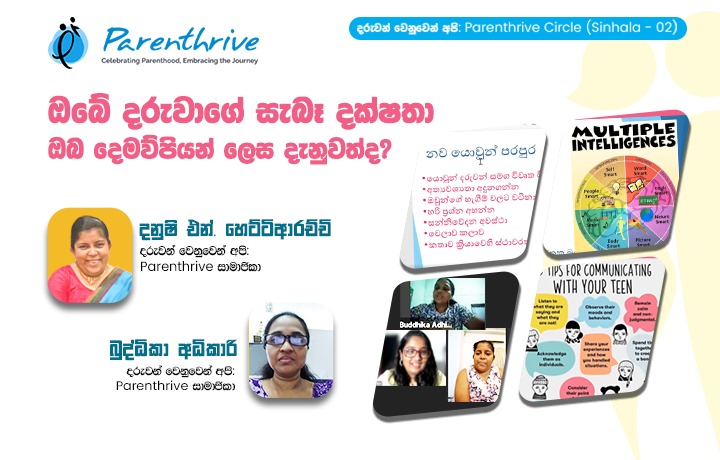
As parents, we all want what's best for our children, including their well-being and development. However, in many Asian cultures, the practice of corporal punishment has been deeply ingrained as a means of discipline. In this guide, we'll explore the impact of corporal punishment on your child's physical, emotional, and psychological health, and provide alternative strategies for effective discipline.
Understanding the Practice
Corporal punishment, such as spanking or hitting, has long been considered a traditional method of disciplining children in our culture. However, research has shown that this approach can have harmful effects on children's well-being, both in the short and long term.
The Impact on Your Child
- Physical Harm: While physical discipline may seem like a quick fix, it can result in bruises, injuries, and even long-term health issues for your child.
- Emotional Distress: Corporal punishment can cause emotional trauma, leading to low self-esteem, anxiety, and depression in your child.
- Damage to Relationships: Using physical punishment can strain your relationship with your child, eroding trust and communication between you.
- Negative Behavior Patterns: Children who experience corporal punishment may learn that aggression is an acceptable way to resolve conflicts, perpetuating a cycle of violence.
Alternatives to Corporal Punishment
- Positive Reinforcement: Instead of focusing on punishment, praise and reward your child's good behavior to encourage positive habits.
- Clear Communication: Talk to your child about their behavior and the consequences of their actions calmly and respectfully.
- Setting Limits: Establish clear and consistent rules for behavior, and enforce them with appropriate consequences that do not involve physical punishment.
- Modeling Respectful Behavior: Be a role model for your child by demonstrating patience, empathy, and effective problem-solving skills in your interactions with them.
Moving Forward
As parents, it's important to recognize the harmful effects of corporal punishment and seek alternative methods of discipline that promote your child's well-being and growth. By fostering a nurturing and supportive environment based on respect and understanding, you can help your child develop into a confident, resilient individual.
Conclusion
As Asian parents, we have the power to break the cycle of corporal punishment and create a brighter future for our children. By choosing positive discipline strategies and prioritizing their emotional and psychological health, we can cultivate strong, loving relationships with our children and empower them to thrive in all aspects of their lives.






